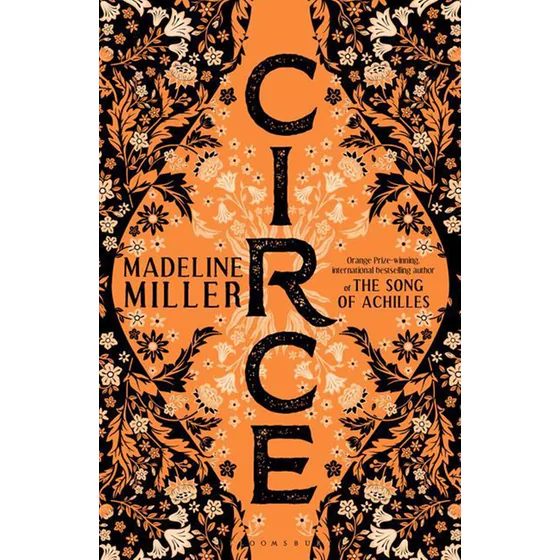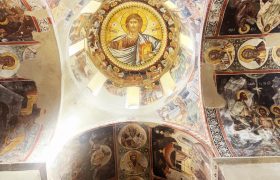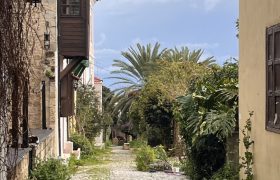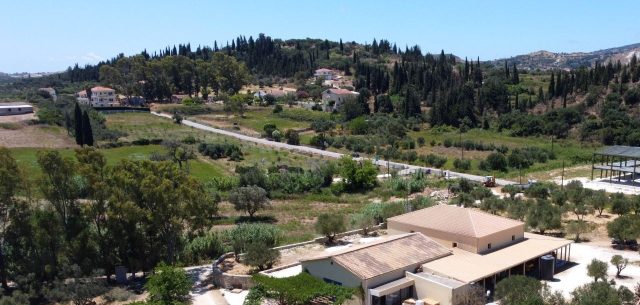Revisiting Circe by Madeleine Miller

Rightly considered a classic in the ever increasing genre of reimagined Greek myths, by reclaiming the Odyssean narrative for her voice, Circe, shows us a story of female empowerment which is more relevant now than ever.
Unlike a staggering amount of the characters in them, the Greek myths refuse to die, and thank the gods that they don’t because the people, plots, twists, turns and transformations that make them great, also make them contemporary and seemingly eternally relevant. Look at the recent Netflix series, KAOS, which transposes the Homeric stories of Zeus, Hera, Prometheus, Eurydice and Orpheus to a fictionalized Miami. One doesn’t need to look far in “real” life to see hubristic acts of godlike narcissism playing out on the world scale with terrifying implications for us mere mortals. The act of reimagining Homer and the myths started almost as soon as they did as can be seen from the bifurcating storylines of several of the key players. One of the consistent themes in Greek myth is the portrayal of women, even in the pantheon, as paying a heavy price for an attack in which they were a blameless victim. Lustful Zeus seduces a nymph and Hera punishes her. In this brand new era, days old at time of writing, in which the phrase “your body, my choice” is trending in a dystopian Trump-led backlash against the empowerment of the metoo movement, the idea of victimhood and empowerment is, sadly, more relevant than ever. By making Circe central to a story that was originally dominated by the male narrative voice and gaze, by making her a player rather than a non player character (to use another trending phrase), Miller empowers Circe, not to triumph, but to tell her own story. And her story involves her extracting herself from gods and men and forming a solitary yet complete life on a deserted island. No man may be an island, but this woman might have been.
The story of Circe is still inspiring artists. The upcoming show Entering Aeaea by Diane Alexandre and Camille Cornillon takes Circe’s creation of a safe domestic space as their central thought. For Diane, Odysseus intrudes on Circe’s story, not the other way round. As she says
“When I think of Circe I always picture her in a moment of rest, away from Gods and men, brewing some potion and chanting softly over a kitchen stove, her wolves lying at her feet, a wet and windy breeze coming from a window open on an endless sea. I can just day dream endlessly about the shapes and colors of her ceramic pots, the totems and tamas hanging from her walls, the bones and horns and feathers… Nothing and no one to disturb her magic.”













